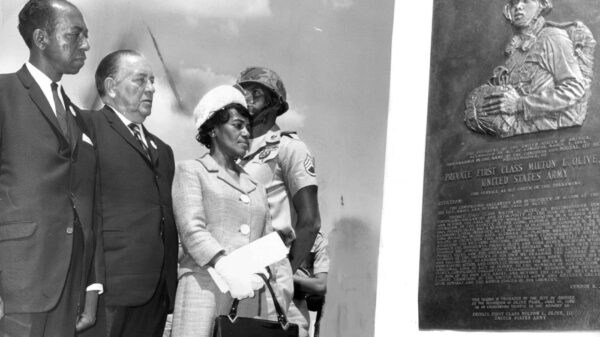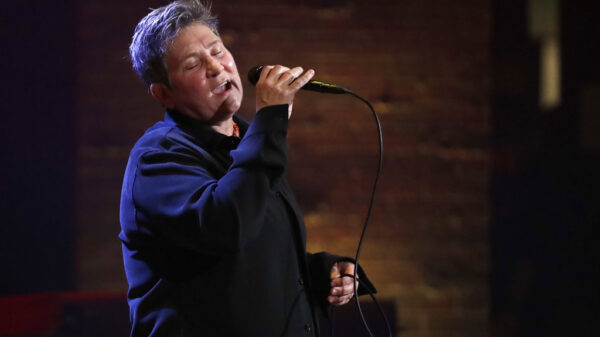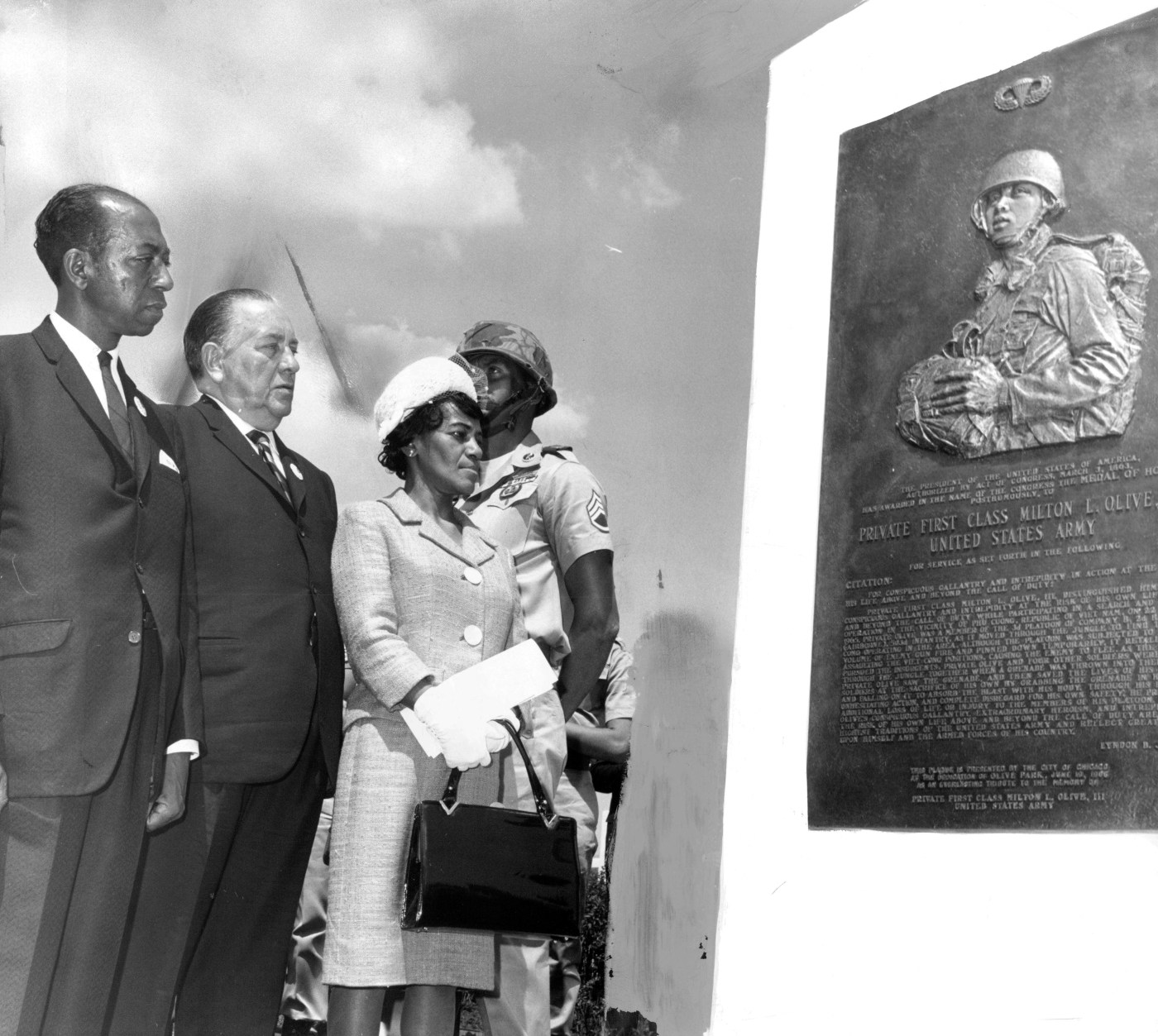The recent directive from Secretary of Defense Pete Hegseth to eliminate official observances of “cultural awareness” months within the military has ignited significant debate regarding its implications for American history and the recognition of diverse contributions to the nation’s armed forces. This decision raises questions about the legacy of figures such as Milton Olive III, the first Black American soldier awarded the Medal of Honor for his heroism during the Vietnam War.
Milton Olive III displayed extraordinary bravery on October 22, 1965, when he sacrificed his life to save his fellow soldiers from an enemy grenade. At just 18 years old, Olive and his platoon were pursuing Viet Cong forces near Saigon when a grenade was thrown into their midst. According to his Medal of Honor citation, he “saw the grenade, and then saved the lives of his fellow soldiers at the sacrifice of his by grabbing the grenade in his hand and falling on it to absorb the blast with his body.” President Lyndon B. Johnson posthumously presented the medal to Olive’s family on April 21, 1966, a testament to his valor and dedication.
The cancellation of observances such as Black History Month, Women’s History Month, and Pride Month aligns with Hegseth’s broader campaign against what he terms “woke” culture in the military. This initiative includes removing references to historically significant minority figures from the Department of Defense (DoD) website, impacting the legacy of heroes like the Tuskegee Airmen and the Navajo Code Talkers. Such actions have raised eyebrows, prompting inquiries into the rationale behind these exclusions while other cultural observances remain intact, such as St. Patrick’s Day.
Investigative journalist Sig Christenson from the San Antonio Express-News reported that no clear justification has been provided for these decisions. This lack of clarity has led to increased scrutiny and criticism from various quarters, including veterans and advocates for diversity within the military.
As a veteran himself, C. Douglas Sterner expressed his dismay regarding the DoD’s move to erase the contributions of women and ethnic minorities from military history. Sterner, who has authored numerous books on military heroes, has collaborated on a project titled “Beyond Woke: The Diversity of U.S. Military Heroes,” which aims to highlight the diverse contributions of military personnel throughout history. The book features a poignant cover depicting Olive in his final act of heroism, emphasizing the enduring impact of his sacrifice.
The ongoing debate surrounding Hegseth’s directive underscores a broader cultural conflict within the United States regarding the recognition and celebration of diversity. As the nation reflects on its history, the stories of heroes like Milton Olive III serve as vital reminders of the sacrifices made by individuals from all backgrounds in the defense of freedom.
In this climate, it is essential to acknowledge the contributions of all American service members, ensuring that their stories are not lost to historical revisionism. As the dialogue continues, the legacy of figures such as Olive must be preserved, honoring their sacrifices and the broader tapestry of American military history.






































































